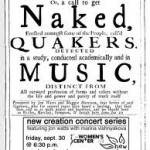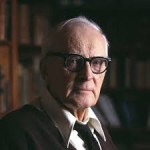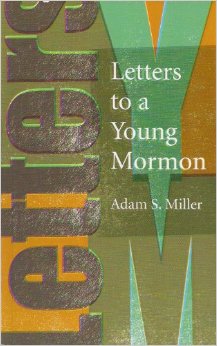Pretty much any movement can learn a lot from the Civil Rights movement.
This past weekend, a group of women associated with Ordain Women lined up peacefully and asked to be admitted to the all-male Priesthood Session of the General Conference of the Church of Jesus Christ of Latter-day  Saints.
Saints.
As the Church had previously announced, the women were denied admittance to the meeting.
A friend involved with the effort on Saturday referred to the event as her Selma. Selma, Alabama is the site of two 1965 voting rights marches. The first of those marches ended in a bloody crackdown of the marchers at the hands of the Alabama State Police.
There are limits to comparing protests against the government and ones against a church, even the LDS Church.
One is that the state (the government) has coercive force. It has a police force and army. They can arrest you. They can take away your life and property. Even when they shouldn’t…they have the means to do so.
At the same time, the methods of bringing about change are different. In the case of Selma, while the March was in Alabama and was met by the Alabama state police, the audience for Congress and President Johnson. Alabama was not going to change by itself. However, the federal system allowed for an appeal to the national constitution and political sentiments beyond Alabama.
Now, I am sure my friend was not saying that her experience was the same as that of those at Selma. Instead, it was her Selma. I respect that and I appreciate the transformative nature of such an experience.
We can be thankful that calling for changes within the Church will not lead to cracked skulls and bloodshed. However, this does not minimize the concerns about gender equality within a religious community or the sincerity of those calling for change.
Also, it does not minimize hurt feelings and exclusion that people are experiencing or have experienced. Within a religious community, a sense of belonging is one of the most important things that we have. Our experiences are central to our religious life. Of course, this also means that some people do not feel the same exclusion or hurt that others do.
Our varied experiences are a major reason that this will be a long and slow process. The appeal to universal principles will only go so far. They do not resonate in the same way to everyones experience.
In my post on Friday, I addressed how Ordain has already succeeding in shaping this public dialogue and where it might go from here. That is not something for me to decide, but I will be watching with interest. Important figures like Kate Kelly and Joanna Brooks are already starting to shape the narrative about the events of Saturday.
The key, I think, is for the movement to not become about this past Saturday. In this way, keeping an “eye on the prize” or keeping an eye on the long-term goal should give not only focus, but also hope.












